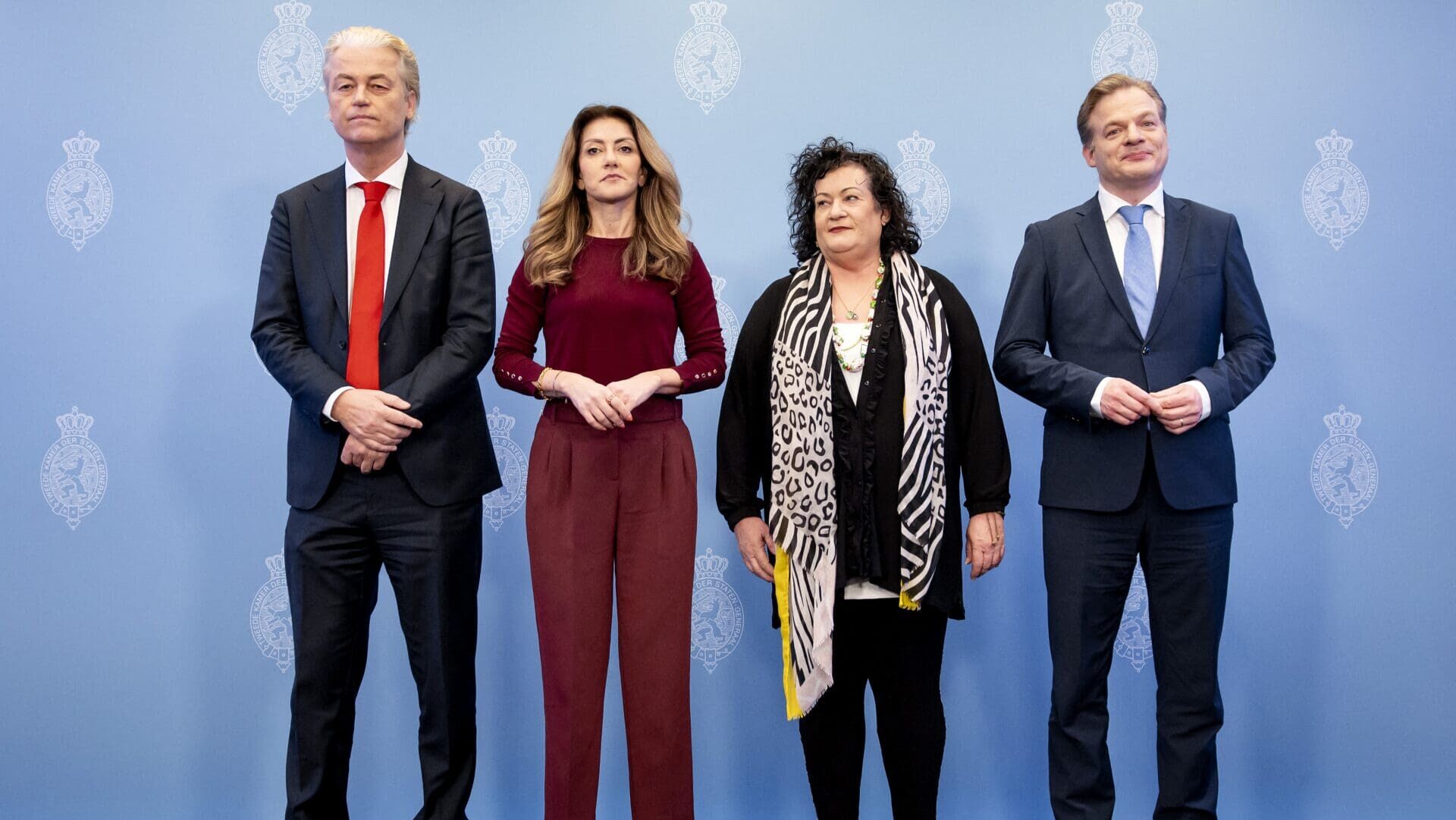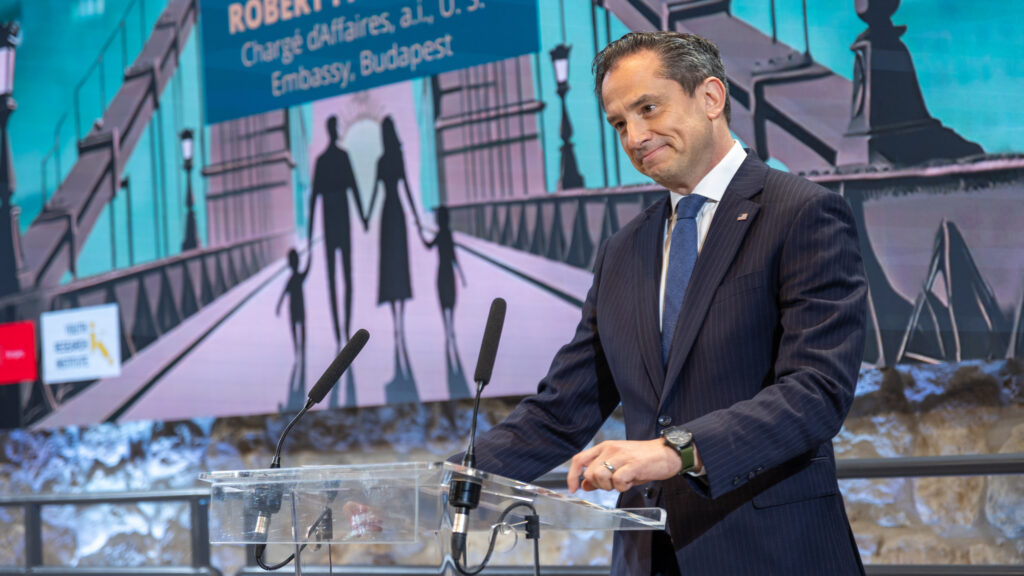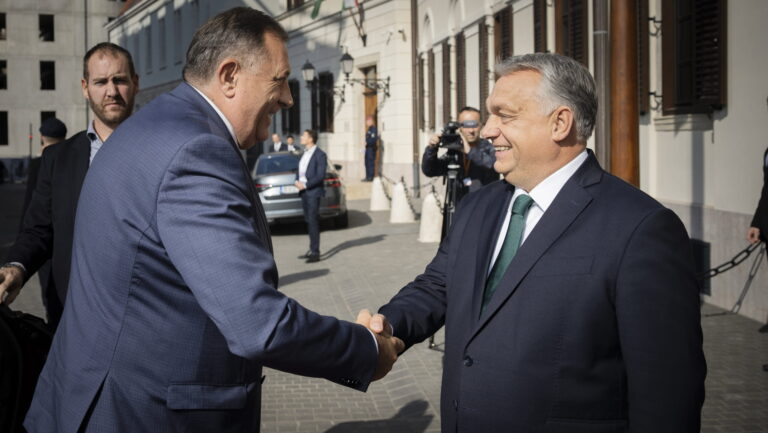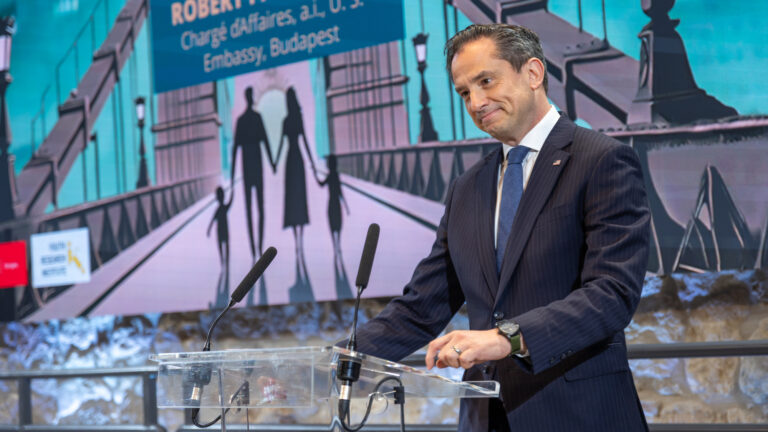Almost exactly six months after the elections, a right-wing government has been formed in the Netherlands. Geert Wilders, leader of the Dutch Party for Freedom (PVV), which emerged victorious in the November 2023 elections, announced the news on Thursday. ‘The sun is going to shine again in the Netherlands,’ he wrote on X.
Geert Wilders on Twitter: “De zon gaat weer schijnen in Nederland ❤️ pic.twitter.com/11F5DXeUea / Twitter”
De zon gaat weer schijnen in Nederland ❤️ pic.twitter.com/11F5DXeUea
‘We went from being the largest opposition party to being the largest government party in one go, Wilders told reporters after the announcement.
‘The strictest asylum policy ever,’
PVV leader highlighted the main point of the coalition agreement, adding that a lot is going to change in the Netherlands.
Geert Wilders on Twitter: “PRESS CONFERENCE We’re making history today!Joining the Dutch government.#Wilders #PVV pic.twitter.com/XvN2ldxGN5 / Twitter”
PRESS CONFERENCE We’re making history today!Joining the Dutch government.#Wilders #PVV pic.twitter.com/XvN2ldxGN5
The identity of the new prime minister remains undisclosed, although it is confirmed that Geert Wilders will not assume the role. Ronald Plasterk, a former minister in Mark Rutte’s government, is frequently mentioned in the media as a likely candidate for head of government. The forthcoming government will consist of four parties: the PVV, the centre-right People’s Party for Freedom and Democracy (VVD), the centrist New Social Contract (NSC), and the right-wing populist BoerBurgerBeweging (BBB). This coalition marks a historic shift as it
represents a significant move to the right in the traditionally liberal Netherlands,
a change unprecedented in recent decades.
As reported by POLITICO, the coalition agreement describes plans to curb migration and roll back measures to limit nitrogen emissions which have led to protests among farmers. ‘We want to reverse the far-too-high influx of asylum seekers and immigrants. We want farmers, gardeners and fishermen to have a future again,’ the document reads. The document also mentions social security, tackling the housing crisis, improving infrastructure and public transport, energy security and climate adaptation, national and international security.
In order to achieve these goals, the parties mentioned some concrete steps in the agreement:
- Tax relief from 2025, targeted at hard-working Dutch citizens of all ages, including middle-income earners, entrepreneurs, and those facing financial difficulties;
- Tougher asylum policies, including the strictest admission regime for asylum alongside the most comprehensive package ever to manage migration effectively;
- A significant increase in housing, improvements to infrastructure, better accessibility, and advances in energy transition;
- More than halving the healthcare deductible to 165 euros by 2027 and increasing investment in elderly care;
- Ensuring farmers and fishermen have greater control over their operations, boosting the future of these sectors and enhancing food security;
- Introducing a new electoral system to increase citizen participation and strengthening fundamental rights through the establishment of a constitutional court;
- A strong stance on crime and terrorism to ensure the safety of Dutch citizens.
As reported by Hungarian Conservative, although Wilders will not be prime minister mainly due to his much tougher stance on migration compared to his coalition partners, his influence on the government will remain significant as he leads the largest party in parliament. Since the elections, the PVV has strengthened its position significantly, increasing its support from 24 to 32 per cent. This surge in popularity provides the party with a strong prospect heading into the European elections in June.
The veteran Dutch politician, who is
a long-time friend of Hungarian Prime Minister Viktor Orbán,
has strong ties to Hungary. After the elections, Orbán congratulated him on X, tweeting: ‘The winds of change are here! Congratulations to @geertwilderspvv on winning the Dutch elections!’ Wilders, who has visited Hungary several times, is also married to a woman of Hungarian descent.
Wilders last visited Hungary at the end of April to speak at CPAC Hungary. During his speech, he expressed a desire to see more European leaders adopt migration policies similar to those of the Hungarian government. During his visit, Wilders also held bilateral talks with Viktor Orbán, with discussions centred on border protection and combating illegal migration.








